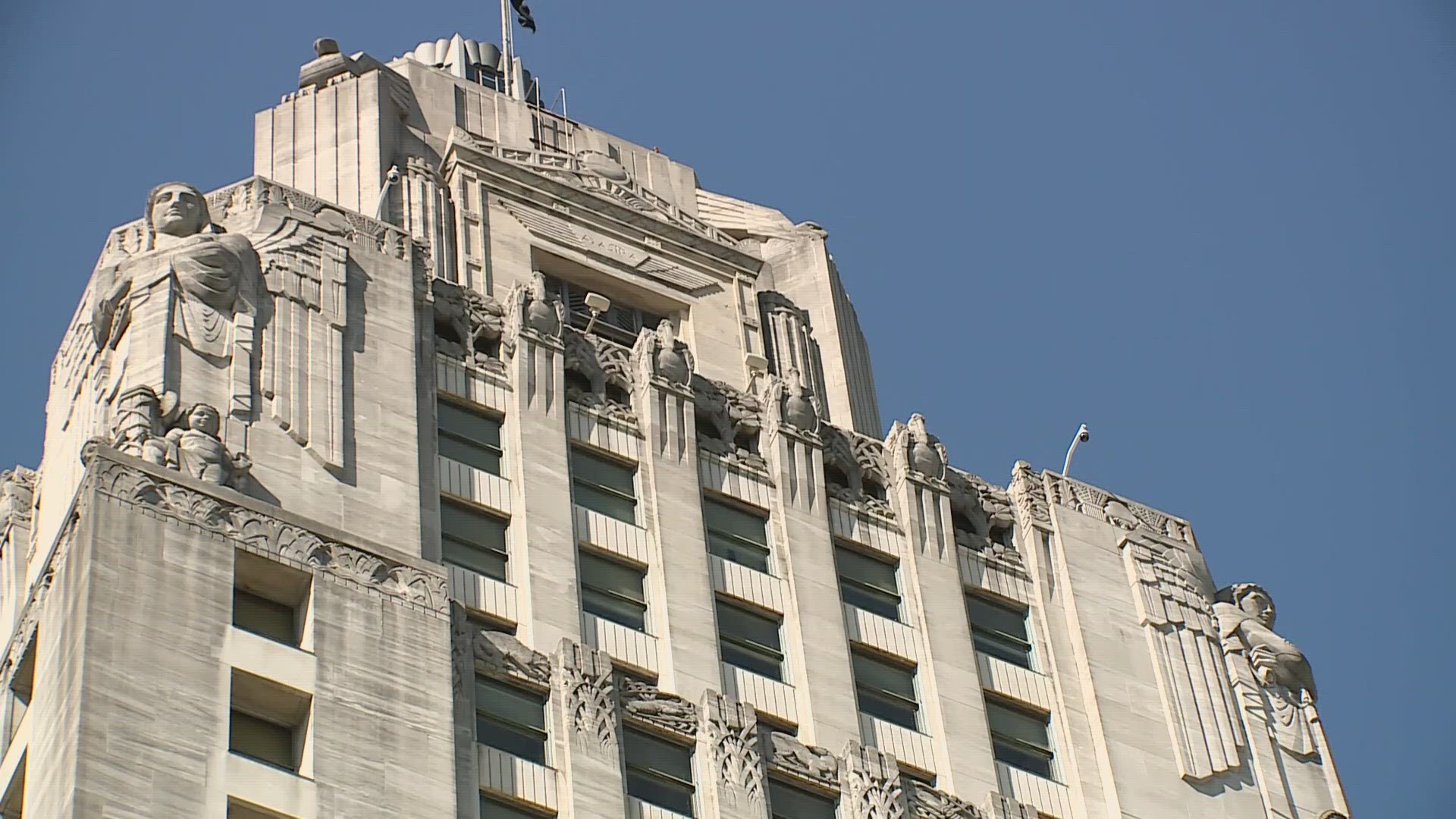BATON ROUGE, La. — Louisiana is under a federal court order to redraw the state’s six congressional election boundaries to include a second African American majority district by the end of the month.
The judge said the current districts violate the Voting Rights Act by diluting the power of black voters who make up 33 percent of the state’s electorate.
While that will be the primary focus of the 14-item special legislative session, it won’t be lawmakers only task.
They will also attempt to carve out a second minority-majority Supreme Court seat.
Earlier this week, new Senate President Cameron Henry talked about the packed agenda.
“We’ve been working pretty diligently on the Congressional maps, so I’m confident that we’ll get a map that suffices the judge’s requirement,” Henry said. “As it relates to the Supreme Court, we have a lot of work to do there because that’s kind of coming in at the end. Members really weren’t familiar with that yet.”
Proposals that could change how elections are conducted in Louisiana, including closing the state’s open primary election system are also on the agenda.
Right now, candidates of all party affiliations are on the same ballot.
In a closed system, each party has its own primary election with the winning Democrat and Republican moving on to face each other.
Rep. Kyle Green, D-Marrero says it will be difficult to move that much legislation during an 8-day special session.
“On a regular legislative schedule, it takes about 10 days to pass a bill from the moment it’s introduced to final passage in the other chamber,” Green said. “So, in order to get anything done, it’s going to require rule suspension from either side whether it’s the House or Senate.”
That said, Green expects lawmakers to approve new Congressional maps.
“I think everyone understands that if we don’t do it, the court will,” Green added.
WWL Louisiana Political Analyst Clancy DuBos says anything beyond redrawing Congressional districts is an extraordinary overreach on the part of Gov. Jeff Landry who set the call for the special session.
“All of these things need a lot more time than just 8 days in a special session, especially when lawmakers were given no advance notice that these things would even be included in the call,” DuBos said.
According to DuBos, the rest of the items on the agenda can be taken up during the regular session which begins in March.
The special session begins on Monday and must adjourn by January 23.

